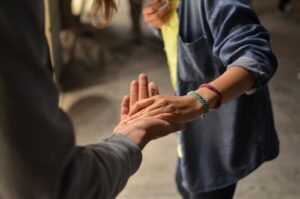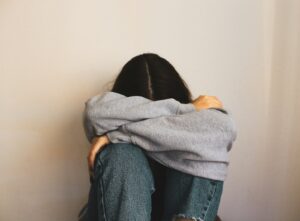Feature: Why disabled creatives must be credited for their work
SocialCareToday talks to illustrator and chronic illness advocate Ananya Rao-Middleton on the importance of crediting all creatives – but especially marginalised creatives – for their work.
Ananya Rao-Middleton is an illustrator who has worked with huge names from Instagram to UK Parliament.
She tells SocialCareToday: ‘I think when it comes to crediting specifically for work that touches upon disability as a subject it then also becomes a little performative if the due diligence isn’t done around ensuring disabled creatives who contributed the work aren’t being credited when and where their work is published and promoted.
‘There’s a wider issue in the creative industry where artists and illustrators don’t get the same acknowledgement as writers. Why do we devalue illustration in a way that we don’t do with writing?’
Ananya believes that not only do ‘illustrators deserve credit for their work’ but that there’s a ‘hypocrisy’ about promoting access whilst not championing all disabled creatives online.

When talking about why it can be problematic for disabled creatives to not receive credit she says: ‘First and foremost, all creatives should be credited. If you’ve done the work you should be credited for it. But what we have to think about with disabled creatives is that disabled people are not valued as knowledge holders or as contributors of value, and so I feel that when disabled creatives are not appropriately credited it does feed into those tropes.
‘It depends on the project, too, but also there’s the issue of making disabled peoples labour invisible, where we just don’t acknowledge the labour and the value behind the labour.
‘I find it very difficult when you see disability being spoken about and disabled people contributing to those conversations when organisations choose not to credit those disabled creatives properly, that can be difficult because then you question the motive and sincerity behind the work. You’ve got to appropriately centre the disabled creatives you work within a way that isn’t tokenistic.’
This extends outwards to encompass issues with lack of credit that disabled people in general struggle with when working.
This can affect their mental health, creative flow and their self-esteem when pursuing new work, as well as limiting their recognition and ability to gain further employment. For disabled creatives – many who rely on creativity as an outlet for the ableism they experience – this can be especially upsetting when the project centres around disability rights and justice.
When your identity impacts your creativity, it can be difficult not to let that take a toll when your creative work is not given due credit or acknowledgement.















